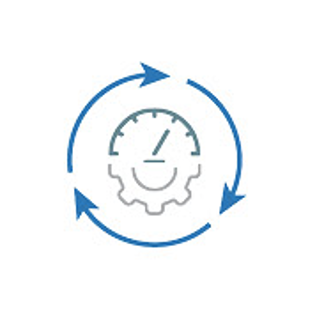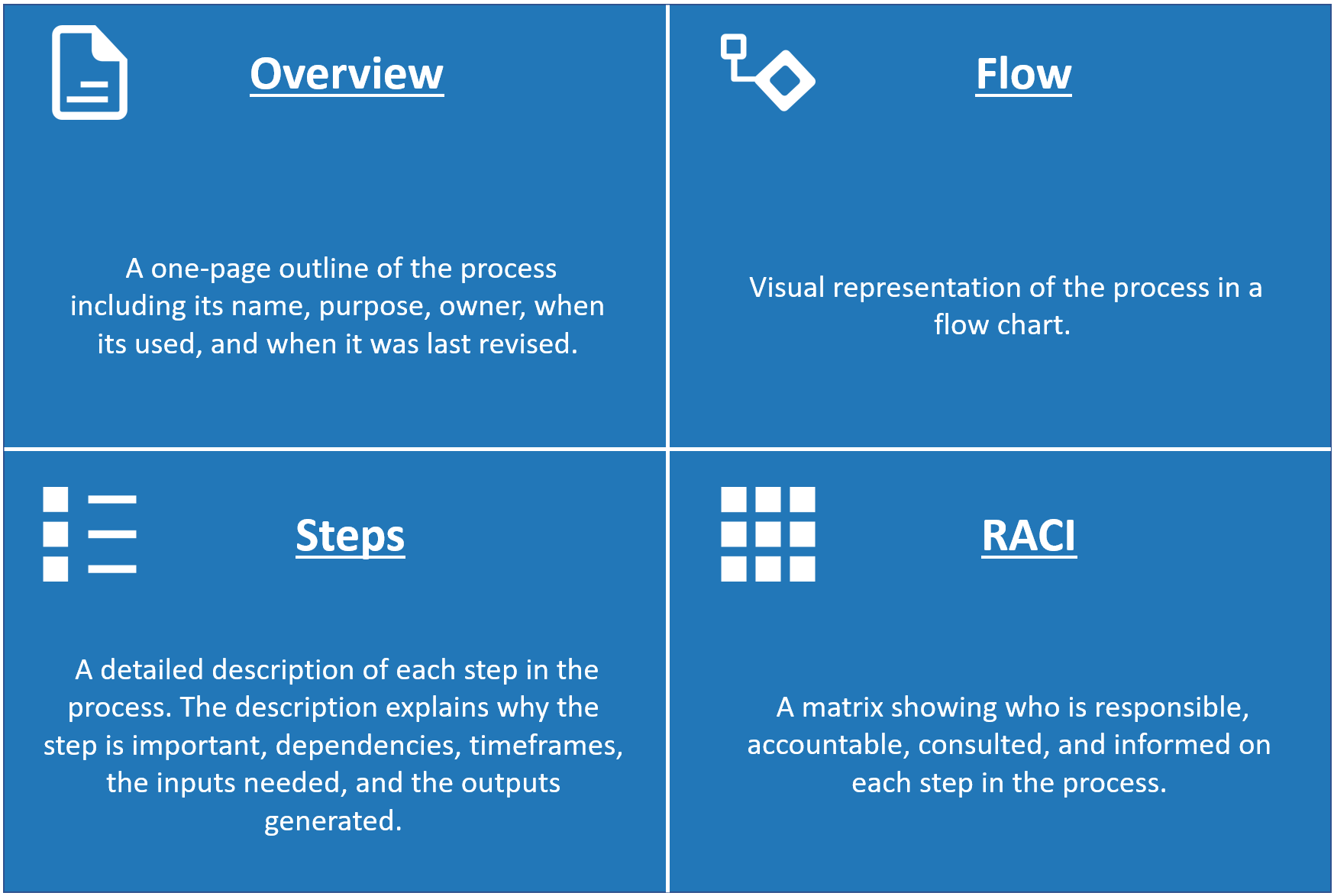
IMPROVE DATA QUALITY
Governance helps you:
1
Reduce workloads on team members and efficiency in company operations
2
Speed to value when implementing new technology
3
Improve flexibility when systems need to change to handle new processes
4
Keep your company moving towards your goals
5
Produce the data needed to drive your business
Your data is not a byproduct of your operations. It's an asset that can be mined for information about the success of your business and can even save you money in the long-run by enabling advanced analytics.
Managing its creation, movement, relevance, and usage requires dedication at all levels of the organization. With the right process and technologies, the business not only enables its own analytics, but it can become a revenue generator. Acamar Consulting can help you establish a culture of data goverance by:
Pivoting towards the future is the perfect time to re-evaluate why your business does things the way they are done. Technology alone rarely delivers on the value case. Enable sustained efficiencies with technology by optimising your processes first.
Processes are messy, often a holdover from old ways of doing things, and daunting to document. Yet they link people and technology and produce the data needed to drive the business. Process optimisation is key to fully realizing the business value of a transformation.

The process playbook is the central document that contains all information about governed processes.